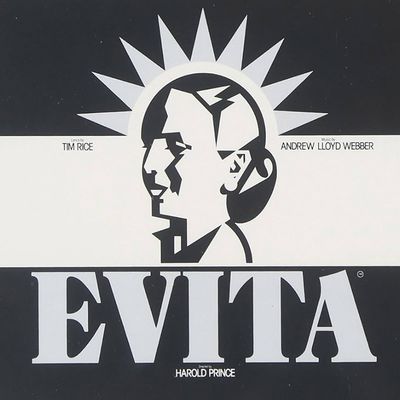In April of 2012, the very first revival of Evita came to Broadway, having done the same in London six years earlier. And in both productions, the title role featured a relatively unknown actress to Western audiences: Elena Roger. She followed a select few chosen to take on one of the most difficult female roles in musical theater. First, there was Julie Covington, then Elaine Paige, Patti LuPone, and Madonna. Among this group of women, Madonna was the only one to have already been a celebrity when she took on the role. As for the other ladies, it was Evita that introduced them to the world and turned them into stars. Such is the power of this musical, with book and lyrics by Tim Rice and the iconic score by Andrew Lloyd Webber.
Whether it’s the 2006 West End revival or its subsequent transfer to Broadway in 2012, neither version even lasted a year, a far cry from their respective original productions. So how did this revival differ from those previous productions? And why couldn’t it recapture the fame and longevity of the original? In this episode, we’ll explore the history of this high-flying adored musical and the factors that led to its Broadway revival. We’ll also highlight some challenges this production faced and the impact Evita continues to have on audiences today.
Follow on Instagram and listen to Closing Night on your favorite podcast app!
Closing Night is a production of WINMI Media with Patrick Oliver Jones as host and executive producer. Dan Delgado is the editor and co-producer, not only for this podcast but also for his own movie podcast called The Industry. Blake Stadnik composed the theme music, and Maria Clara Ribeiro is co-producer. Much appreciation goes to Hal Luftig, Christina DeCicco, and Sammi Cannold for their insights as well as the voice talents of our very own Dan Delgado.
Click here for the transcript and full list of links and resources used in this episode.





